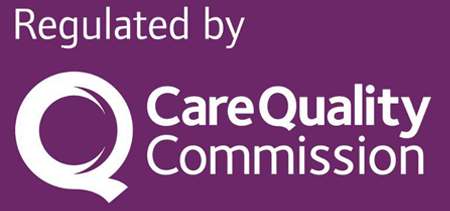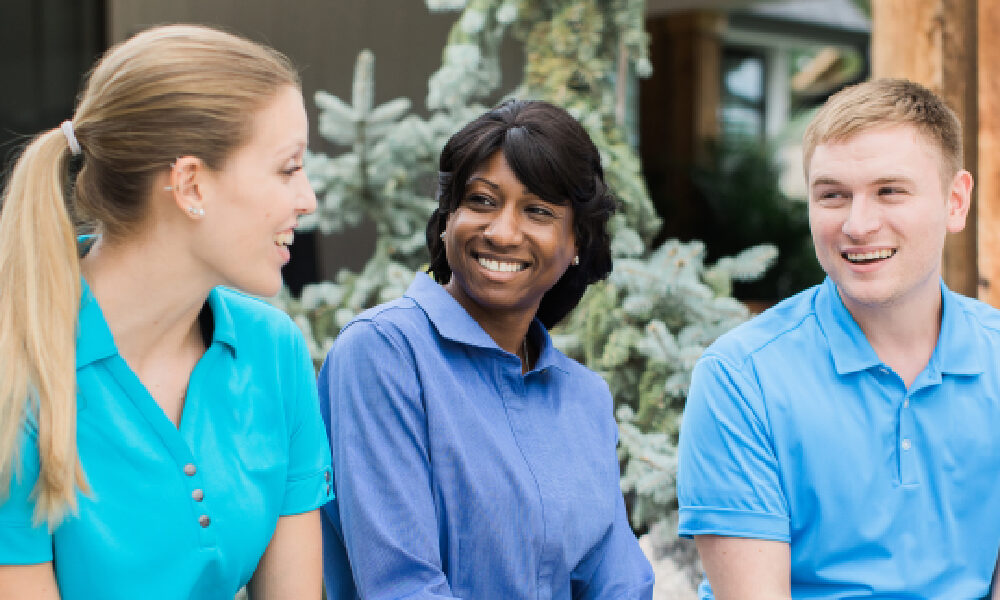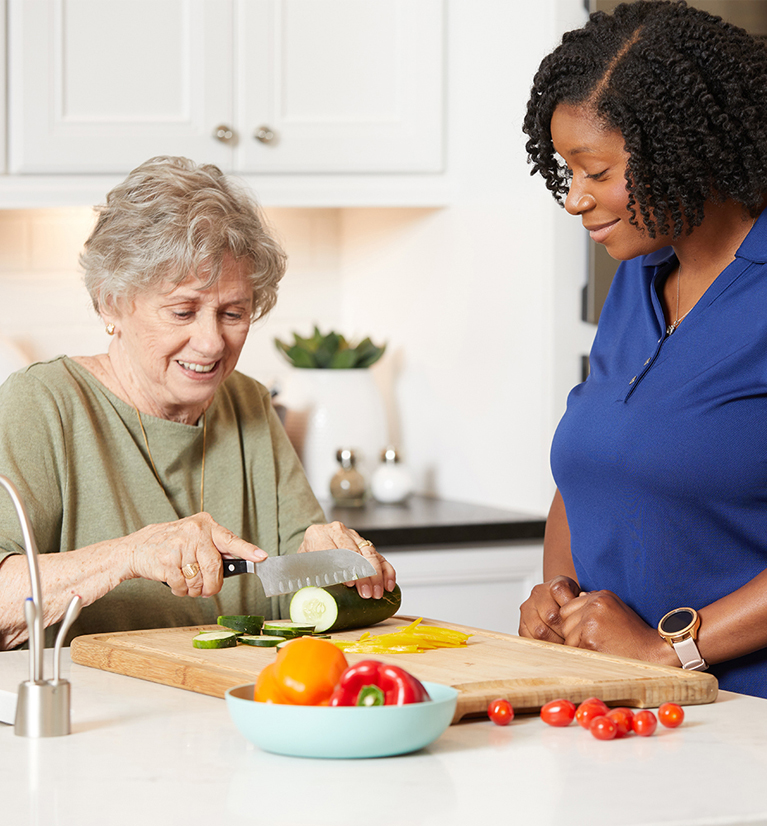There are many compelling reasons why our clients and professionals involved in procuring specialist home care are reassured when they choose Prestige Nursing & Care.
Expert nurse-led care
Services that evolve with changing needs
Expert nurse-led care
Our nurse-led care helps individuals with complex conditions live well at home, improving health outcomes. Supported by clinical experts and registered nurses, we provide care that meets the highest standards with a flexible, holistic approach.
Services that evolve with changing needs
We continuously assess and adjust our services to meet evolving care needs, ensuring the right level of support when it’s needed. Our flexible approach adapts to individual circumstances, providing the right care at every stage.
Specialist care of complex conditions
Highly trained and compassionate carers
Specialist care of complex conditions
Our experienced teams provide high-quality care for complex conditions that impact independence. From supporting children with spina bifida to adults with muscular dystrophy or seniors with dementia, we’ve been trusted by families across the country to enhance quality of life, offering peace of mind and reassurance when it’s needed most.
Highly trained and compassionate carers
We prioritise people and understand the importance of a carer who meets both care and emotional needs. Our carers are trained to support your condition and align with your lifestyle, offering compassionate care for you and your entire family.
Collaborating and partnering to care for you
We work closely with healthcare professionals, families, and case managers to fully understand each client’s needs. Our expert clinical teams conduct thorough assessments and assign the best carers to meet those needs. Supported by a local care manager and nursing team, we ensure ongoing monitoring, clinical oversight, and communication, giving you peace of mind that your loved one is receiving the highest quality care.


Quality assurance through regulated care provision
Prestige Nursing & Care offers a fully regulated service, ensuring the highest quality care. Our services are inspected by the Care Quality Commission (CQC) in England and the Scottish Care Inspectorate (SCI) in Scotland. We’re proud that 96% of our services are rated ‘Good,’ with 4% rated ‘Outstanding,’ and our Scottish services hold a five-star rating. Our accredited complex care service meets national and local standards, providing peace of mind that you’re receiving the best care.
0808 239 1525
We are here to take your call and will provide impartial support and guidance – contact our friendly care experts today to discuss your nurse led care needs.

Responsive local teams with nationwide coverage
We are providing care and support in over 30 locations in the heart of communities across England and Scotland. The fully managed service we provide is highly responsive and our experts local to you can put care packages in place quickly, working in collaboration with local healthcare professionals, multidisciplinary teams, therapeutic care providers and other community support services. We know this holistic approach ensures our clients get the best out of life, for all of life.


